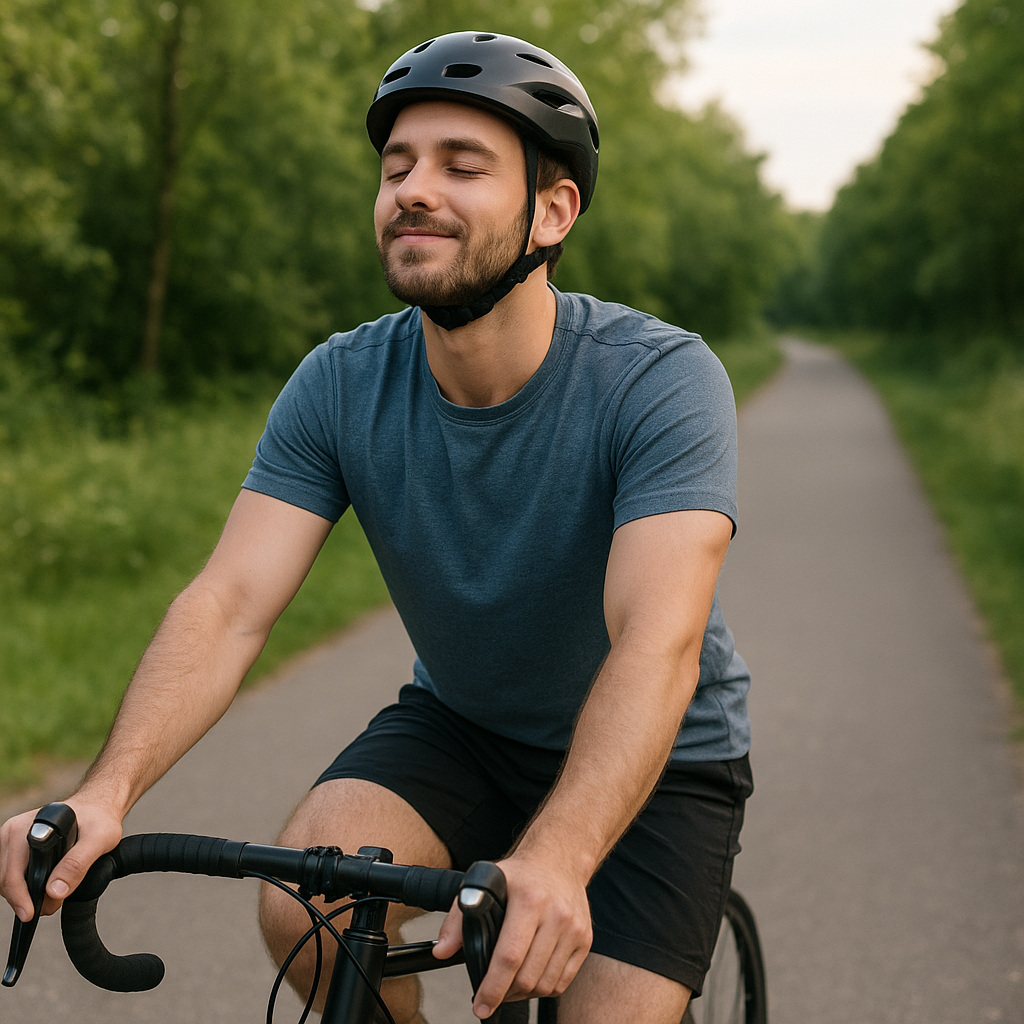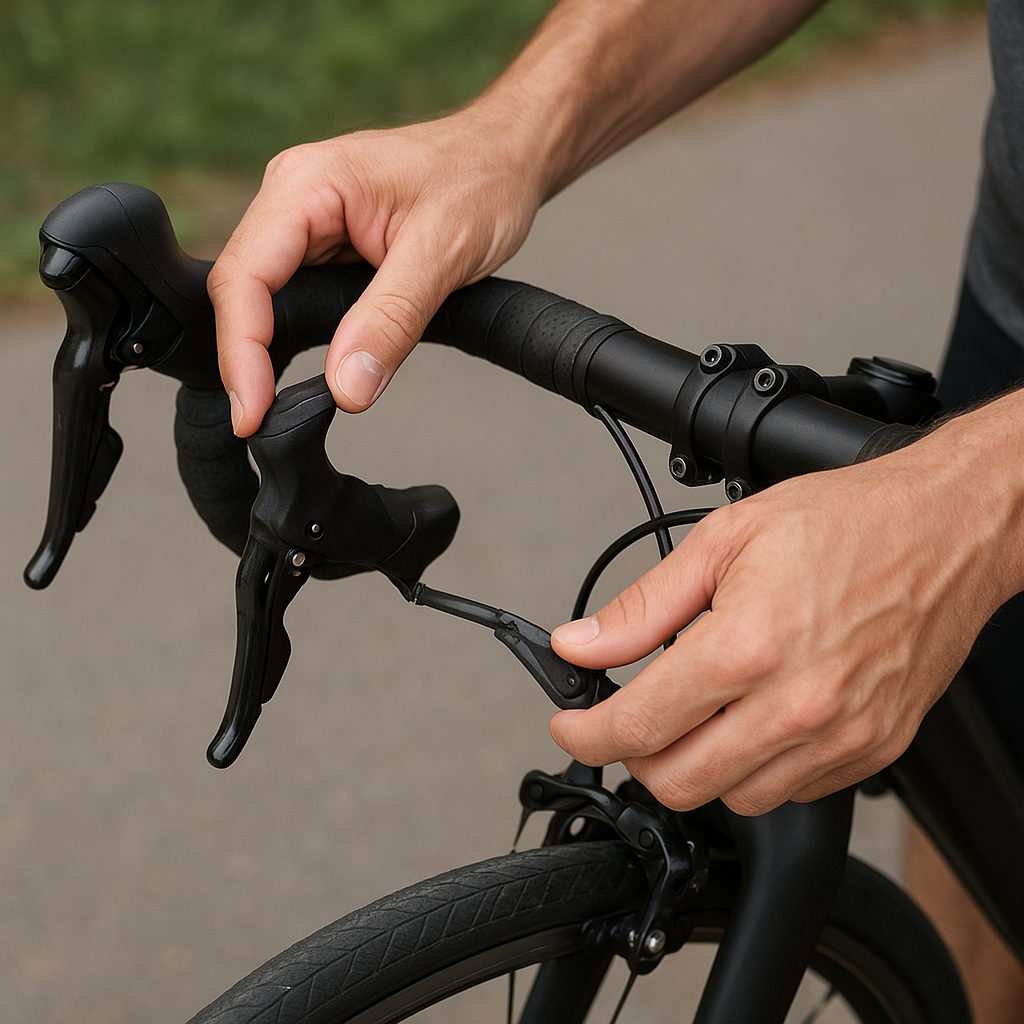
Cycling offers a unique blend of physical activity, mental stimulation, and environmental awareness. Whether you’re navigating city streets or exploring a country trail, the act of riding a bicycle can foster a profound sense of freedom and purpose. This article delves into the scientific, social, and practical aspects of how two wheels can pave the way to better mental health.
Mental Health Benefits of Cycling
The most direct impact of cycling on mental well-being comes from the release of endorphins, often called the body’s natural mood lifters. As you maintain a steady pace, your brain produces these chemicals, reducing feelings of stress and anxiety. Regular cycling sessions have been linked to improved sleep patterns, which in turn support cognitive functions such as memory and decision-making.
Additional psychological advantages include:
- Increased focus and concentration during and after rides
- Enhanced resilience in facing daily challenges
- Reduced symptoms of depression through consistent cardiovascular exercise
- Promotion of neuroplasticity, aiding the brain’s adaptability
Beyond chemical rewards, the rhythmic motion of pedaling can induce a form of active meditation. Many cyclists find that their minds enter a state of flow, where worries fade and creative thoughts emerge. This meditative quality makes cycling not just a workout but a way to practice mindfulness on the move.
Community and Social Connection
Joining a cycling club or group ride can transform a solitary activity into a powerful social experience. Sharing routes, techniques, and goals with fellow riders creates a sense of belonging. Feeling part of a supportive network enhances self-worth and self-esteem, especially when you accomplish milestones together.
Local Group Rides
Many urban centers host weekly or monthly group rides, offering a structured yet friendly environment to meet new people. These events often cater to different skill levels, ensuring inclusivity. The shared commitment to health and sustainability cultivates a positive atmosphere where encouragement flows as freely as conversation.
Online Communities
Digital platforms have given rise to virtual cycling forums, where enthusiasts exchange tips on gear, nutrition, and route planning. Participating in online challenges or ride-alongs can provide motivation on days when getting outside feels tough. The combination of real-world rides and online camaraderie reinforces a continuous support system.
Designing Routes for Maximum Well-Being
Choosing the right environment for your ride can amplify the psychological benefits. Green spaces and waterfront paths offer rich sensory experiences, from the scent of pine trees to the sight of rippling water. These natural stimuli have been shown to lower cortisol levels and restore depleted attention spans.
- Wooded trails for immersive forest bathing
- Urban greenways that balance city life with nature
- Coastal roads providing open horizons and gentle breezes
- Park loops ideal for beginners and families
When planning your route, consider mixing terrains. Alternating between flat stretches and gentle climbs engages different muscle groups and prevents monotony. Tracking your rides with a GPS device or smartphone app adds a layer of gamification, turning distance, speed, and elevation gains into tangible achievements.
Challenges and Tips for Consistency
Starting a regular cycling habit can be daunting. The first few rides might leave you feeling exhausted or sore, discouraging further attempts. To overcome these barriers, account for realistic expectations and incremental progress.
- Invest in a well-fitted saddle and ergonomic handlebars to prevent discomfort.
- Create a flexible schedule: even a ten-minute ride counts toward mental health.
- Set attainable goals, such as a weekly mileage target or a new scenic route.
- Keep a ride journal to celebrate every milestone, fostering motivation.
Weather and traffic conditions pose additional obstacles. Dressing in layers and equipping your bike with proper lights can mitigate most safety concerns. For days when outdoor cycling isn’t an option, stationary bikes or indoor trainers provide a viable alternative to maintain consistency and preserve mental gains.
Urban Mobility and Sustainable Transport
Cycling isn’t just a personal wellness tool; it’s an eco-friendly mode of transport. By choosing a bicycle over a car for commutes and errands, riders contribute to reduced emissions, quieter streets, and less congested city centers. This collective shift toward sustainability often fosters a sense of civic pride and social responsibility.
Infrastructure Improvements
Many municipalities are investing in protected bike lanes, bike-share programs, and cyclist-friendly traffic signals. These initiatives make daily riding safer and more appealing, encouraging new participants to hop on a bike. As infrastructure evolves, so does public perception—cycling becomes recognized as a legitimate, efficient, and beneficial form of transportation.
Economic and Environmental Impact
The financial savings from reduced fuel costs and lower vehicle maintenance expenses can be significant. Across communities, decreased reliance on motor vehicles leads to improved air quality and a smaller carbon footprint. This environmental benefit extends psychological rewards, as cyclists take pride in contributing to a healthier planet.
Integrating Cycling into Daily Life
For many enthusiasts, cycling evolves from a hobby into a lifestyle. Here are practical strategies to weave bicycle riding into your routine:
- Plan errands around cycling-friendly routes.
- Encourage coworkers or friends to join a “bike to work” day.
- Store essential gear—helmet, lock, water bottle—near your front door.
- Upgrade your bike with panniers or baskets for cargo transport.
By normalizing cycling as an everyday activity, individuals maintain regular physical movement while nurturing mental clarity. Over time, the positive habits formed on the saddle translate into improved time management, stronger social ties, and a deeper connection to one’s surroundings.
Conclusion
Embracing cycling offers more than just a workout—it provides a holistic approach to mental well-being. Through the interplay of biochemical rewards, social engagement, mindful immersion in nature, and sustainable living, riding a bicycle can transform both individual lives and wider communities. Whether you’re a casual commuter or a dedicated weekend warrior, every pedal stroke brings you closer to a calmer mind and a healthier planet.

